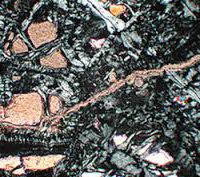
Ultramafic rocks formed in the Earth’s mantle and uplifted into the crust represent an immense but poorly described reservoir of carbon. The biological availability of this rock-hosted carbon reservoir is unknown, but the set of geochemical reactions known as serpentinization can mobilize carbon from the subsurface and trigger the growth of dense microbial communities. Serpentinization has the potential to occur on any rocky body in the solar system where liquid water is available, so the biological implications and constraints of these geochemical processes are of fundamental astrobiological interest.
Serpentinite-hosted ecosystems such as the chimney biofilms of the Lost City hydrothermal field can support dense populations of bacteria and archaea fueled by the copious quantities of hydrogen and methane released by serpentinization. Due to its inaccessibility, however, many of the astrobiological implications of Lost City remain unexplored. During my NAI Postdoctoral Fellowship, I worked with an interdisciplinary team of researchers to gain a more generalized perspective of serpentinite-hosted ecosystems. By comparing rocks and fluids collected from serpentinizing ophiolites in California, Canada, and Italy, we are beginning to identify archaea and bacteria who are endemic to actively serpentinizing habitats. Moreover, we are making progress in distinguishing organisms who may be directly and solely supported by serpentinization-associated reactions from those who are merely active in shallow, oxic-anoxic transition zones, which may have less astrobiological relevance. More broadly, these efforts have provided an exciting opportunity to develop methodological and intellectual approaches for examining the often paradoxical interactions between rocks and life.
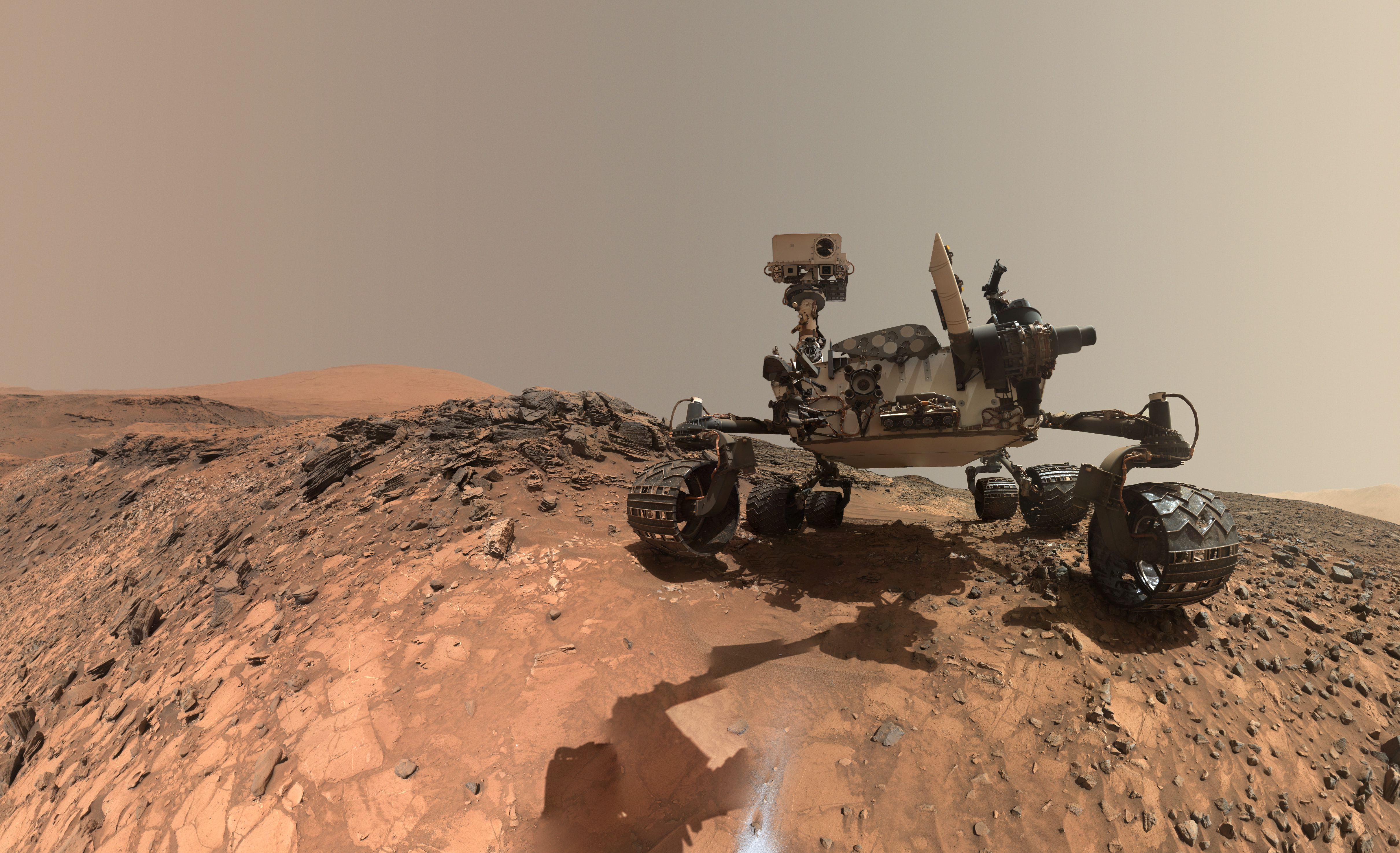 Investigating Habitable Environments on Mars Using Orbital and Rover-Based Imaging Spectroscopy
Investigating Habitable Environments on Mars Using Orbital and Rover-Based Imaging Spectroscopy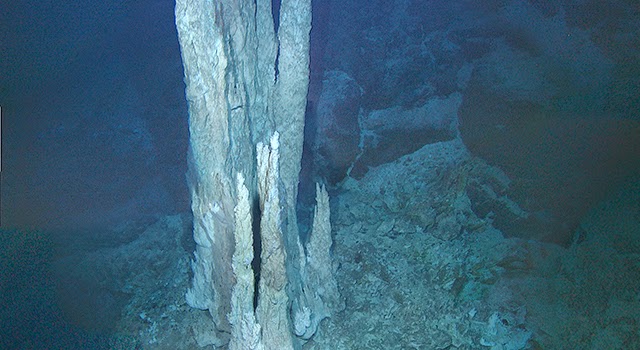 Chemical Gardens, Chimneys, and Fuel Cells: Simulating Prebiotic Chemistry in Hydrothermal Vents on Ocean Worlds
Chemical Gardens, Chimneys, and Fuel Cells: Simulating Prebiotic Chemistry in Hydrothermal Vents on Ocean Worlds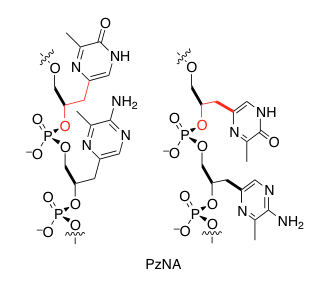 The Synthesis of an Artificial Genetic Polymer: From Small Molecules to Proto-Nucleic Acids
The Synthesis of an Artificial Genetic Polymer: From Small Molecules to Proto-Nucleic Acids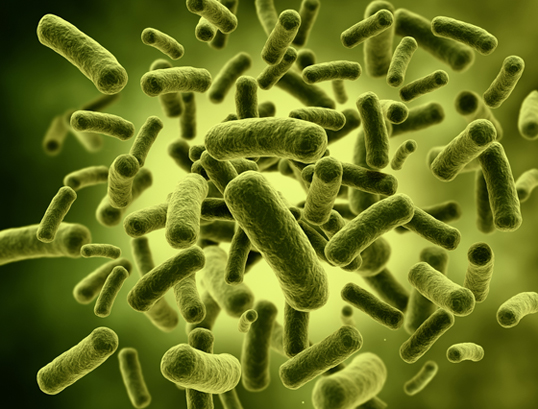 Quantifying Constraints on Metabolic Diversity Patterns
Quantifying Constraints on Metabolic Diversity Patterns